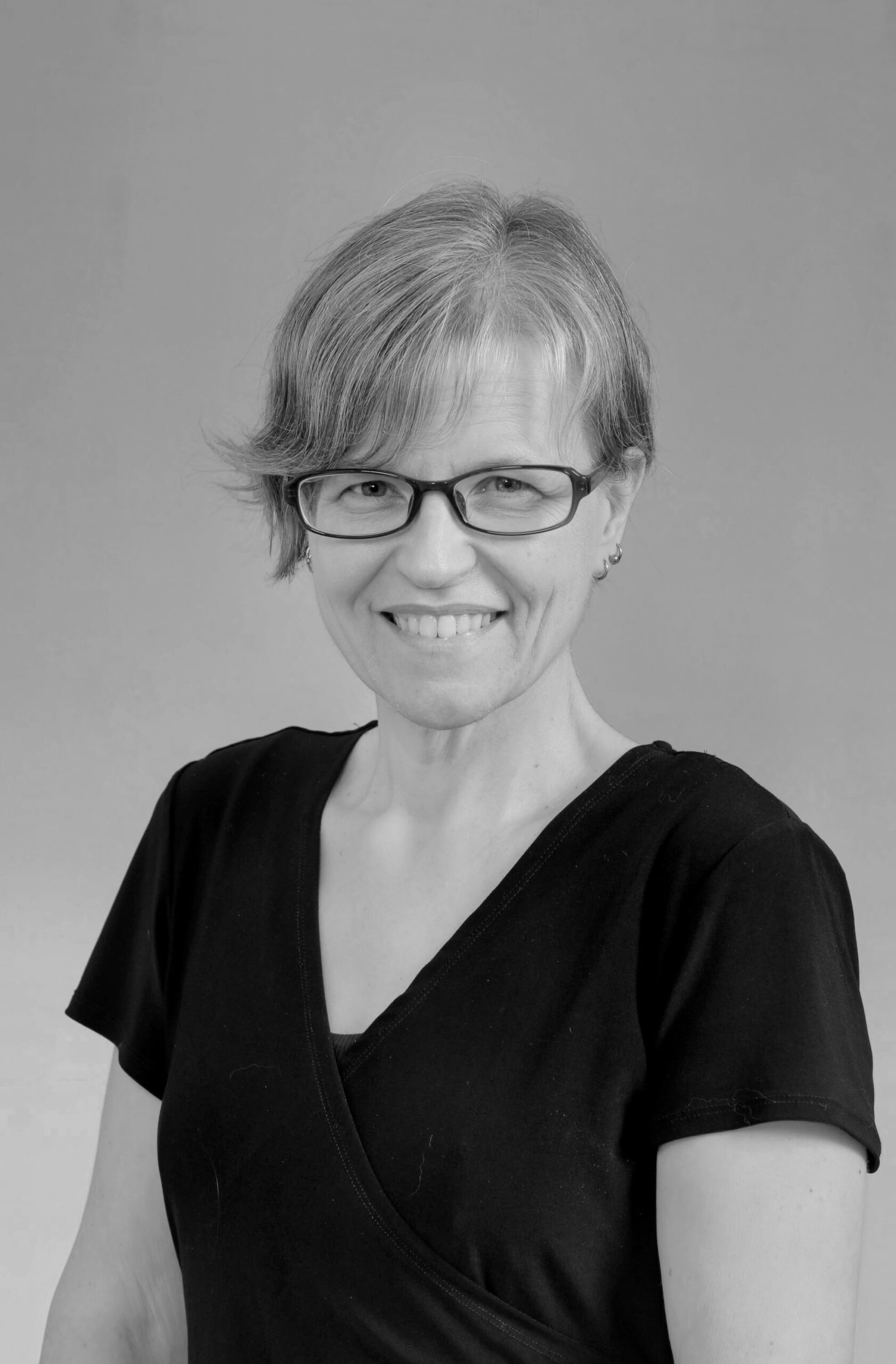This post is from a course that I took. I had to make blog posts for the course and I decided to move the posts over here when the course finished.
Orton, J. (1997). Educating LOTE teachers: thoughts on direction and strengths. Australian Language Matters, 5(3), 12.
I am in strong agreement with the author of this article.
The author states that learning how to teach must entail both the study of theory and time in the classroom to put that theory into practice. I strongly agree with this, as the “human element” in teaching is far too large to be discounted. I also find that it can be difficult to find theories and papers that speak to the precise experience that I am encountering in a particular classroom at any given time. For example, I can read a great deal about bullying, but some of it may not apply to the age of the students that I am dealing with (e.g. Grade 3 vs. teenagers), some of it may not apply to the situation that I am in (e.g. an environment where racism is a major factor or not), and some of it may not “ring true” to my feelings about the specific students that I am dealing with. It is, therefore, extremely important to supplement “book learning” with practical experiences in the classroom in order to build up a suitable level of professional knowledge.
The author also talks about the importance of understanding the “other”, and how learning a LOTE can help students recognize that their own worldview is only “relatively legitimate”. I agree with this, because living with only one language necessarily limits a person to the worldview offered by that language. By experiencing the various forms of expression in another language, and the culture and thought processes behind them, we can finally perceive this “other” that has been in front of us all along.
In addition, the suggestion of having teachers reflect on their practice is very good. When we create lesson plans, it can be easy to imagine (or hope) that everything will go as planned, but it rarely does. We often assume that we know where our students are in terms of their understanding, but our assumptions can be quite mistaken, which means that we may have to back up and do some review on the fly, or take things much more slowly than we had anticipated, or speed things up because students already have the understandings that we were planning to teach. In the LOTE classroom, the gap between what the teacher wants to accomplish (a certain level of proficiency in a language) and what the students are capable of doing in the target language can be quite large, and will differ depending on the student, so the challenges can be quite large. Taking time to reflect on one’s practice can help to bring teachers out of the day-to-day mindset of lesson planning (breaking things down into smaller, more digestible parts) and into a more holistic mindset, where they can consider whether or not they are truly fostering a higher level of proficiency, or if they are, perhaps, focusing too much on the details and not enough on the goal.
One aspect of LOTE teaching that can certainly benefit from reflection is the teacher’s use of the target language in the classroom. It is certainly more expedient to use the students’ native language to teach the mechanics of the target language, but relying too much on the native language means that the students’ exposure to the target language is limited. It can be easy for teachers to hold two opposing views in their heads at the same time: that exposure to the target language is important, and that using the target language to teach about that language is not conducive to learning. A compromise has to be met in this case, and I believe that that balance can only be discovered through regular reflection. As Orton states “this activity requires considerable emotional and organisational maturity from student teachers”.


